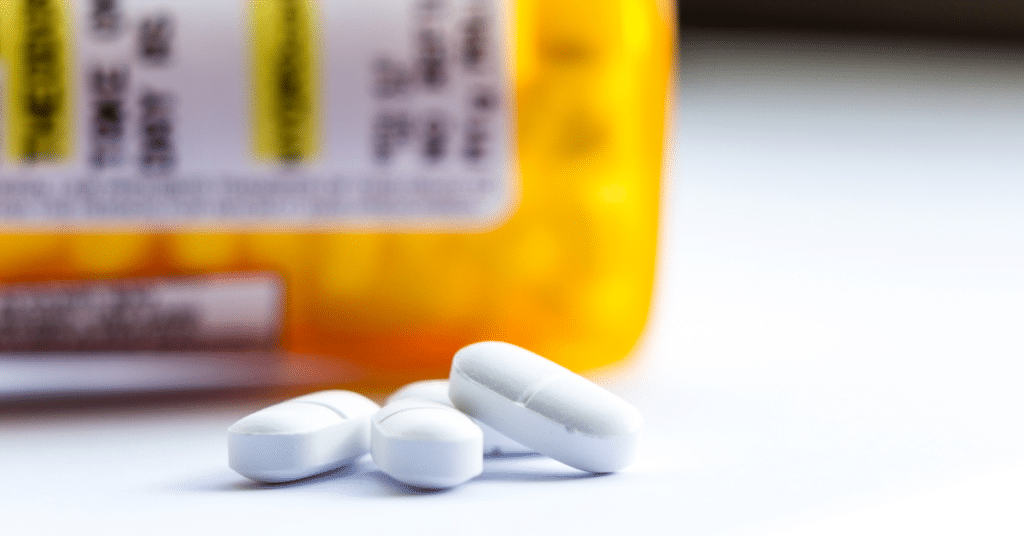This blog post is authored by Mary H. Beck, LMSW, CAI, President & CEO of The Council on Recovery
Most of us are well aware of the opioid crisis facing our communities. We read the grave statistics about addiction and overdose deaths experienced by so many. Impassioned advocates call us to action, treatment specialists inform us on the most cutting-edge practices, legislators pass laws and allocate financial resources to combat this public health emergency. All of this is vitally important.
Yet we are facing a parallel crisis, which is tearing apart families and leaving people in severe distress – a crisis to which our communities are often blind: the trauma and grief experienced by family and friends of those struggling with addiction or who are trying to live in the wake of an overdose death.
Our loved ones die – it is a sad, painful truth. For years, many of us live in fear of this truth – knowing that when someone we love so deeply is suffering from a chronic illness, death may be the outcome. We cherish the moments of reprieve and hope for recovery. At other times, we are doing everything in our power to save them – we suffer in silence once they are gone.
This is true whether your loved one dies from cancer, heart failure, brain disease, and yes, addiction too. If you are feeling the pain of a loved one’s substance abuse or their death, you are not alone. Over 100,000 people have died of a drug overdose in the past year alone – leaving spouses, parents, siblings, and friends behind.
How did we get here?
Americans take 80 percent of all prescription painkillers in the world. New reports from the Centers for Disease Control and Prevention and the Houston High Intensity Drug Trafficking Area confirm that drug overdoses have surged since the onset of the COVID-19 pandemic, both in Houston and nationwide. The sharpest increases were deaths involving opioids, primarily illicitly manufactured fentanyl. In the last year, fentanyl related deaths in Houston increased by 40%.

The extremity of this surge is a cause for grave concern for our team, but it only strengthens our resolve to partner with local leaders and community partners to tackle this issue comprehensively and systemically. This takes a multi-pronged approach – focused on education and awareness, providing intervention and treatment, opening doors to recovery, and when necessary supporting family and friends in their grief.
If you are one of the millions watching a loved one’s addiction spiral out of control, or if you have already lost a loved one due to an overdose, you deserve the same compassion and support others receive when they are grieving. You need a place to turn, where your strength and courage are honored, while your grief and emotions are nurtured. The Council on Recovery is that place – a place to start when you don’t know where to turn and a place to heal.
If you, a loved one, or a client/patient is struggling with opioid use, contact us today, and we can get them the help they need. For more information on our opioid use services, download our flyer.
